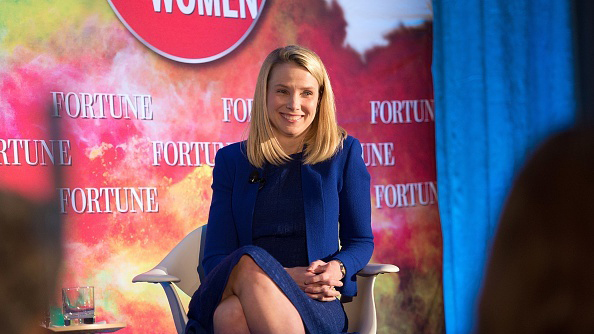Married people earn more than single individuals. Here’s why.

- A recent study explored the factors that give rise to the “marriage wage premium.”
- One key finding was that the support offered by a partner’s income allows the other partner to hold out for better work when searching for a job.
- Married individuals also tend to climb the job ladder faster than single people, potentially because they’re well aware that their current wage affects how their spouse is able to search for jobs.
Wage gaps are no secret. But while many people are aware that wages often vary by race and gender, economic data show that earnings can also vary by relationship status. Married people tend to earn more, with married men making more than their spouses, and especially more than the unwed.
While many hypotheses on why married men collect a premium in the workplace have been floated, a new study published in American Economic Journal: Macroeconomics suggests that much of it comes down to the economic support offered by having a partner.
More good news for the forever alone crowd
That married people make more than their single peers is a well-established fact. How much more married people earn compared to their peers varies by gender and education, but it can range from 4.5% to a staggering 32.6%. This gap exists for both men and women, though the overall effect tends to be greater for men.
Theories aiming to explain this gap generally center on the individual. For example, perhaps the same traits that make a person earn more also make them a more attractive partner, and thus more likely to be in a long-term relationship. Alternatively, perhaps being married makes men more productive — since women still do most of the housework — as men can focus more on their careers.
But even though these factors did seem to contribute to the gap when scrutinized by the researchers, they weren’t responsible for most of the difference in wages between single and married people. Instead, the researchers focused on how being associated with another person — and their income — impacts one’s decision-making process while searching for a job.
Looking for a job is a highly variable activity, in that the person looking can alter how long they look for a role, how much effort they put into it, and how much risk they are willing to assume. Attempting to capture these factors, the researchers built a model that simulated how a single or married person goes about searching for work.
One major insight that the model highlighted was that married individuals could depend on their partner’s income while they looked for work, allowing them to spend more time searching and be more selective. It isn’t hard to imagine: If you are single, looking for a job, and have no income streams other than your own, you’ll probably take the first job you can get. After all, you might not be able to afford holding out for a higher-paying position, which might not become available for another few months.
The model also illuminated differences in career incentives between single and married people — namely, that married people tend to climb the job ladder faster. The researchers proposed that married individuals are more likely to exert greater effort to find a better job, even when searching for one is costly, because they “internalize that their current wage” affects how their spouse is able to go about searching for a job.
“An additional unit of search effort today not only raises the household’s income through a higher likelihood of transitioning to a better paying job (the direct effect), but also has the effect of raising the nonemployed partner’s reservation wage in the future,” the researchers wrote. “This latter effect reinforces the household’s desire to apply more search effort today. By construction, this channel is missing in a single household’s search problem.”
This approach can explain up to a third of the married wage premium for males and over half of it for females, the researchers noted. It also doesn’t run into a theoretical problem described by the so-called specialization hypothesis, which states that a man’s marital wage premium decreases when his wife’s education increases.
The logic is that the wife would have less time to perform duties around the house, which would mean that the husband has less time to spend advancing his career. However, the researchers found that both partners tend to benefit when spousal education rises.
“Highly educated individuals command higher returns to labor market search,” they wrote. “As such, these individuals are not only able to draw higher wages on average, but are also more effective at climbing the wage ladder. The enlarged outside option provided by such individuals drives further positive selection in the accepted wage offers of their spouses, leading to a wage premium that is positively correlated with spousal education.”
The authors of the study noted that theirs is the first to “tie the predictions of household search models to wage differences between married and single individuals,thereby offering a new explanation for the marital wage premium while evaluating its quantitative relevance.” They hope that future studies will expand on their findings, while including ideas like the effects of saving, the difficulty of a job search, and other factors.
As it turns out, the secret to understanding why people in relationships make more money depends on looking at them not as two people but as a single unit.





